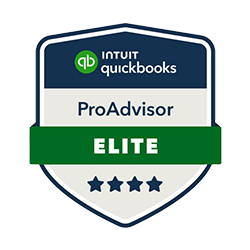Businesses often don’t think about surprises come tax time. Here are some common mistakes to avoid future issues with tax notices or audits, and keeping whatever tax bills that might arise from same to a minimum.
Make sure you setup and pay people through payroll if you are treating them like an employee
Employee payroll is much more expensive than paying someone as an independent contractor and then filing a 1099-NEC at the end of the year. So a lot of businesses run entirely on 1099 for that reason. However, this may be problematic if the government were to ask if you hire any employees. So, if treating someone like they are a 1099 independent contractor, rather than an employee, then make sure you:
- Mandate your worker apply for and obtain their own general liability insurance, as any independent contractor is considered a business owner,
- Make sure your independent contractors keep their own calendar and records, including their own invoices,
- If you are going to keep a worker on a schedule and call them an independent contractor, then make sure you draft and have the worker sign an “on demand” contract up front, describing the work as a project as opposed to a job and:
- A periodic and ongoing project contract which either party may terminate at any time,
- The exact schedule the worker is to work in the contract signed ahead of time, and
- The exact job that is to be performed.
If anything should change with that worker’s schedule, make sure you have them sign a new edited contract with the new time or new duties for the project.
Speak with a tax CPA if you would like a template or step-by-step guide on onboarding 1099 contractors and keeping them categorized that way successfully.
Activity mileage log for vehicle
On an audit, if there is a deduction for car and truck expenses using a standard mileage rate, the first thing the auditor will ask for is something called a “mileage log”. In this log, you need to organize by columns and track:
- The origin location (usually the business location),
- The destination location (usually the job site for initial out, then origin location for the return),
- The distance in miles, and
- The year, make, model of the vehicle in service being used for business.
There are various apps that meet this purpose, using GPS to track your mileage for you as you drive.
If you have a standard mileage deduction on your return, and no log, the auditor might ask you to recreate one, or they would have the authority to disallow the deduction entirely. So, make sure you keep a mileage log if you are deducting miles as opposed to actual expenses on your vehicle.
Speak with a tax CPA if you would like a pre-filled spreadsheet or booklet to keep track of your mileage.
Don’t pay for a bunch of stuff for a hobby and call it business expenses
Some people will start a business with good intentions, buy a lot of stuff for the business and deduct it, only to use everything for personal reasons once things don’t go as planned. This is possibly a red flag for anyone who may be looking at your tax records.
Instead, consider booking your deductions in the beginning as start-up costs, and deduct them over a period of several years. Or, make sure you have the things you bought earmarked for a customer or otherwise used up before you stop operating.
Speak with a tax CPA if you want advice about going out of business when you’ve already deducted a lot of stuff, and you are looking for a tax solution.
Don’t immediately deduct anything that you keep as inventory and don’t sell to a customer
Many new businesses will make the mistake of immediately deducting everything as “Cost of Goods Sold.” However, this implies to a tax auditor that the business has inventory, as the COGS account only exists when there is an inventory account. Then it becomes a hassle to explain that the COGS deduction you took is actually job supplies or something else immediately deductible.
Instead, keep account of everything you buy and which customer it is for. Tag every item you are storing with a project, job, or customer invoice number. Everything must be earmarked for a customer if it is eventually to be given to a customer, or otherwise show it is not eventually going to be given to a customer.
Speak with a tax CPA if you want advice on how to book inventory to maximize deductions as early as possible.
Stay Compliant & Maximize Your Savings!
Don’t let tax mistakes cost you! Get expert guidance from Jay My CPA. Schedule a consultation today and keep more of your hard-earned money. Book Now!



